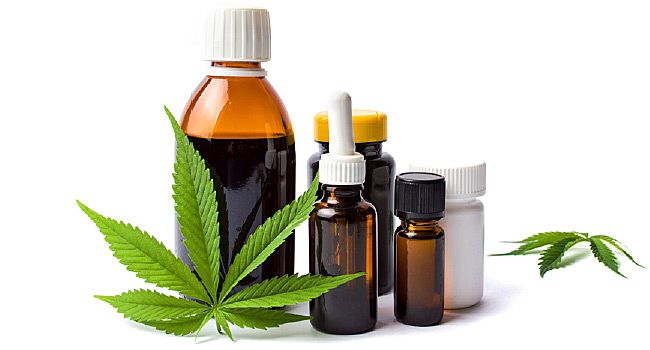The winter holidays are almost universally experienced as a time of joy, and of familial togetherness. For many they are the highlight of the year, a time of relaxation, gift-giving, spiritual renewal, and reflection on a year of skirmishes fought on behalf of one’s family.
But for people in recovery from substance use disorders, such as from opiates or alcohol, the holidays can be a time of unique and profound stress. Part of this stress is related to the freely flowing alcohol that can be found at many holiday events, and another aspect is often related to complex interactions with family members who can be “triggers” for dark and uncomfortable feelings that can even threaten one’s hard-won sobriety.
If you are in recovery from a substance use disorder, be it drugs or alcohol, and the holidays do cause you emotional distress, it is critical to have plans and strategies in place for dealing with the realities of the holiday season, to minimize any risks to your sobriety. As it is commonly said in recovery parlance, “The first thing you put ahead of your sobriety will be the second thing you lose.” Even if you have to be, for lack of a better word, ruthless, and step on a few toes, it is essential that you guard your recovery as the most precious gift you have, because it is.
It is critical to have a plan in place, in advance of the holidays, to minimize stress and dangerous exposures. While one certainly can’t foresee or predict all contingencies, many can be anticipated and planned for. What are your triggers and flash points? What are the scenarios that have proven dangerous in the past? What kinds of interactions knock you off center? Who can you call if/when you start feeling like you are losing your grip? How are you planning to re-center yourself? Can you envision yourself just walking away from stressful situations?
The first obstacle that often comes up is the holiday office party. I’ve worked with many people in recovery who tell me that coworkers can look at them as if they have a third eye, or as if they have just sprouted wings, if they decline an alcoholic beverage. Many have trouble just being around alcohol, not to mention the unchecked inebriation that can occur at these parties. Some skip these events altogether, if the office politics allow this; others show up briefly, and those who are more comfortable with their sobriety simply say, “I don’t drink.” That usually ends the conversation, unless the person they are conversing with is clueless enough to ask why.
An even more complex scenario can be a holiday family gathering. In addition to the issue of freely available alcohol, many find resentments, conflicts, hostility, guilt, and triggers lurking just below the superficial holiday cheer. I’ve heard it said that your family can push your buttons better than anyone else because they are the ones that put them there.
Some families are considerate enough to hide the alcohol or, better, to go alcohol-free, but often, sadly, there are many people who just can’t enjoy themselves without some type of intoxicant. As addictions can run in families, many in recovery complain about their addicted or alcoholic family members who refuse to get diagnosed or admit their problems, but who drink like fish at all family gatherings.
To deal with stress, some try to limit time at family events. Some bring sober friends. Some skip them altogether. Some plan extra therapy sessions before the holidays to try to smooth things over in advance. Others spend time with their “recovery families” instead, and go to sober events. For example, most cities have holiday recovery-a-thons (24-hour recovery meeting events) for the exact reason that this is such a difficult time for people in recovery. I’ve heard that they can be really fun.
Recovery, if about anything, is about connecting with other people. It is about far more than just the absence of drugs or alcohol. Addiction slowly robs you of your relationships, as you become emotionally obsessed with your drug of choice. With recovery comes a blossoming of human connection, interaction, meaning, and hope. In order to recover, we learn tools to keep ourselves centered, such as humility, compassion, listening skills, and mindfulness. We learn to ask for help, and not try to internalize and fix all of our problems on our own. The holidays present a perfect opportunity to reach into your recovery toolbox and use any and all of these tools. In line with this, don’t forget to check in on your brothers and sisters in recovery during the holiday season. It’s easy enough to pick up the phone, and you will find yourself feeling better as well.
And if you are not in recovery, but you are at an office party and someone declines an offer of an alcoholic beverage, please accept that as the most reasonable choice in the world and move on. If it makes you uncomfortable that they aren’t drinking, you may wish to reflect upon your own relationship to alcohol.
The post Navigating the holidays in recovery appeared first on Harvard Health Blog.
From: Peter Grinspoon, MD https://www.health.harvard.edu/blog/navigating-holidays-recovery-2017121412931

